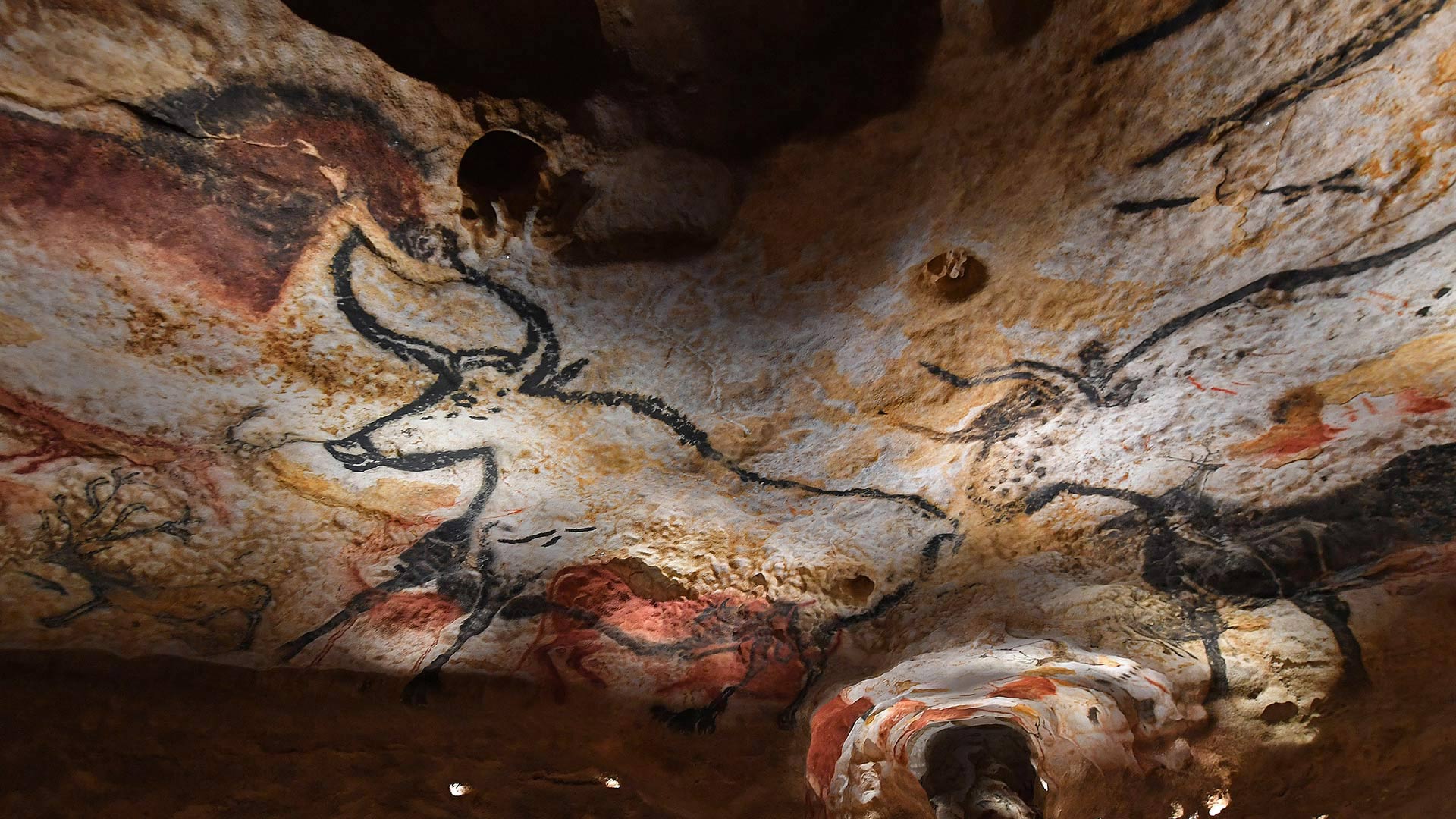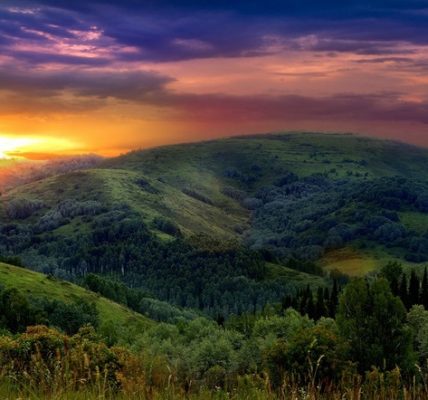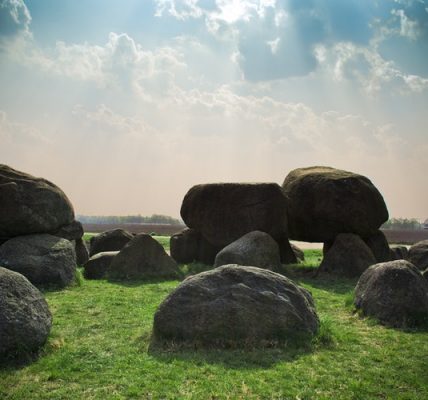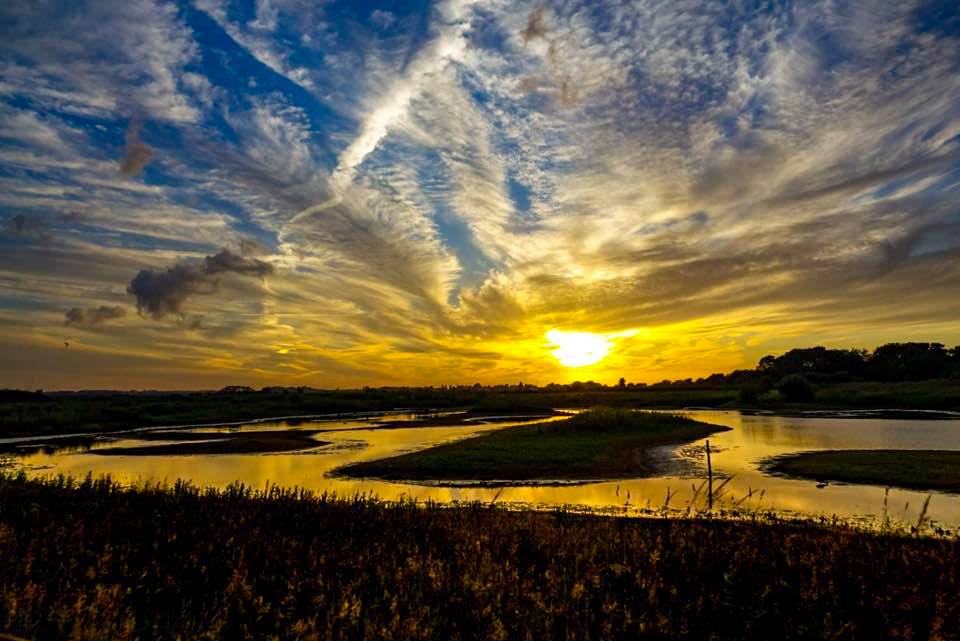As we have alluded to previously, the gods and spirits of Alba are fictional – drawn from our imaginations and our research into the commonalities of faith amongst early peoples – but the faith of the Albanni in their gods, and in the spirits, is at the very core of their culture and their being. There are no atheists in Alba.
However, how that faith manifests in the clans, villages and communities of Alba or among the lone hermits will vary greatly. Without communication between communities, stories of gods and heroes mutate, change and evolve, and how each village or clan sees the gods and spirits will vary. Your truth is true to you. There is no in-character easily accessible bible, no ur-text – just your own stories of the Gods and Spirits, and what the Keepers tell you of the stories of others on their infrequent visits.
Nor are the gods of Alba encouraging of monotheistic cults – it should be rare (and alarming) to find a community focussed solely on one deity or spirit, because these beings do not exist in a vacuum. The gods and spirits exist in a complex interwoven tapestry with each other, and while communities may focus on one particular myth or story cycle as “theirs”, that myth will seldom just involve one god.
Part of the process of building your community as players will be to choose a selection of the gods and spirits, and to create your own myths and legends about them, building your community’s history around a shared myth and understanding of what those gods or spirits mean to you.
We will provide the basic description of the underpinning principles of the gods and goddesses and the Spirits, and we will provide a handful of example stories or myths surrounding them – but we would strongly encourage you to go beyond them and make your own stories and myth cycles, with your own takes on the gods and spirits. It’s up to you which of them you want to include in your community’s stories and myths, and how.
You can include other entities in your stories too – heroes, powerful spirits, ancient powers – but only those we cite in our list will play an active part in the game world.
These stories and myths will form the “character” of your group – they will be the currency you bring to trade at the festivals of Alba. This will be the body of knowledge and culture to which your own deeds will, in time, add. Build the tales that have been told around your campfires and that you learn as children, and you will discover who you are.
So when it comes to the myths and legends of Alba, what is, really, empirically, “true”?
In some senses, that doesn’t matter.
To you, your own stories will be true. To those over the hill, their stories will be true. Whatever dark stories the Old Ones tell in their forests and caves are true to them. The gods and the spirits are ineffable, and what we humans project onto them when we look at them is not their true nature, but only what of it we can see, and glean, with our imperfect senses. It’s all, really, a matter of perspective.
And as the Storyteller teaches – truth is what you make of it.
THE GODS OF THE ALBANNI
There is a unique characteristic to the gods of the Albanni, which is a reluctance among the Albanni people to name them. Universally, no matter what the stories they are involved in, the Gods and Goddesses of the Albanni are referred to as “The Something” – there is a deep superstitious fear among the Albanni that to name a god is to immediately and negatively attract their attention upon you.
Many tales exist of those who sought to quest for the name of a god, only to meet a gruesome, inventive and horrid fate upon coming close to their goal.
As such, while the Gods all have many titles, and you should feel free to invent more, they have no names, and you should avoid ascribing them such in play.
THE POTTER
The Potter is the god of hearth and home, of making and crafting and inventing. He has other names; The Maker, The Shipwright; in communities where metalworking is common he may be called The Smith; for those upon whom his disfavour falls, he is called the Gaoler or the Miller of Souls. He is the patron of the good times; of plenty, of large families and young children, of complex things made well.
The Potter is the god of those for whom personal wellbeing comes above community – those who say “For the good of me and mine” find a friend in the Potter.
THE FARMER
The Farmer is the god of feast and famine; reward and recompense, hard toil rewarded with bounty. He has other names; the Shepherd, the Tanner, the Builder, the Fisher. For those who suffer his disfavour or the want of his pity he is called The Blighter, The Hungerer or The Eater of Flesh. In the Farmer’s gift is the growth of crops and the supply of food, or its absence. He is the patron of growth and prosperity, of the village well run where none want
The Farmer is the god of those for whom the good of the many outweighs the good of the few – for whom community is greater than family. Those who make sacrifices for their community find a friend in the Farmer.
THE HUNTER
The Hunter is the goddess of those who live in the wilderness, roving beyond their safe villages to bring back meat for the fire. She is the protector of those who walk alone, those who rely on skill to survive, those who need to understand nature and its secrets. Many Shamans honour her because she knows the secrets of the world. She is also called The Trapper, The Archer and The Walker Alone.
The Hunter is the goddess of those for whom loneliness and responsibility are a way of life; who are forced by skill, need or desire to dance to a different drummer, of those who take a life to save a life.
THE WARRIOR
The Warrior is the goddess of those whose stock in trade is violence and risk. She is also called The Explorer, and The Athlete, and sometimes The Defender, The Executioner. Though she is skilled in violence and the taking of life, she does so for a cause or for the protection of the community; she has no truck with murder or killing for pleasure.
The Warrior is the goddess of competition, of new horizons, of exploration of limits, of the finding and defining of boundaries. But she also stands for those to whom the task of killing others falls – in war, in justice, in defence, in extremis.
THE MIDWIFE
The Midwife is the goddess of balance in all things, who stands in the great gateways of birth, life and death, who oversees the great transitions in the life of the Albanni. She is also called the Judge, The Keeper of Doors and The Lady Not To Be Defied. The Midwife stands as patron of moments of greatest danger and risk in an Albanni’s life – when luck marks the difference between disaster and reward.
The Midwife is the goddess of those who are on the edge. She is who, when we are bloody and screaming and have nowhere else to turn, we call on. She is the goddess of betrayers, gamblers, the hopeless, the lost, and the desperate. Her favour seldom comes with no strings attached.
THE STORYTELLER
The Storyteller, most enigmatic of the Albanni gods, is the patron of the Keepers, the god of remembering, of history, of the culture and traditions of Alba. He is also known as The Liar, The Knower-of-Tales, The One-Who-Goes-Masked and as The Mischief-Maker. He is patron of troublemakers, those who act before thinking, magicians, and those who seek the path of the hero.
The Storyteller is the god of those who want to be remembered for their deeds, or those who seek to enable such people. He is a friend to those for whom the laws are an inconvenience – though, unusually, he always frowns on theft.
THE SPIRITS
The shamans of the Albanni commune with the spirits of land and earth and sea. There are thousands of such spirits; each beast of the field and crawling or swimming thing has a patron, an overseeing power. But a small handful of those powers have, for reasons unlear to the Albanni, chosen to acknowledge the existence of humans and interact with them.
The Spirits are not gods; or perhaps the gods are the Spirits of humans, or the Spirits are the Gods of the animals. In any case, the Spirits who deign to acknowledge humans are a similar, but different, order of supernatural being to the gods. They interact together – many myths will cite The Hunter pursuing the Bear, or the Stoyrteller and Adder, or the Midwife, Pike and the Moon’s Child – but they seem to operate in independent ways.
BEAR
Bear stands strong and alone, needing none other – but defends their own family to the last. Bear shrugs off the worst man can do and goes ever onward. Weather, disaster, nothing fazes Bear.
Bear may seem warm and friendly and sometimes they are. And sometimes they will go without so their children will eat, and hunger drives even the gentle to terrible deeds.
Shamans call on bear for fortitude, for strength, for blessings on children, and for protection for those who are forced to travel alone.
OSPREY
Osprey flies high and sees all; land and sea are all the same to Osprey. Osprey’s vision is keen enough to see beyond the veil of the world, and sometimes divine the system of the world. Osprey flies true like the keenest arrow, and always finds the mark.
Osprey is only partly of this world and partly of the sky. To share their gifts is to fly with them. And sometimes, they will remember that you do not really have wings. Sometimes.
Shamans call on Osprey for wisdom, for visions of what has been and may yet be, for skill in archery and protection for those at sea.
ELK
Elk leads the herd and knows their duty; their purpose is the protection of the herd and the defence of the people. It never crosses Elk’s mind that another might be able to do what they must. They are there, and it needs to be done. Why hesitate?
Elk is proud, as leaders should be; and harsh, as leaders must be; and impatient with those who do not understand them, as leaders often can be.
Shamans call on Elk to bless leaders and give them the strength to make hard decisions; to shield those in danger through duty, and to aid those seeking a purpose.
ADDER
Adder lives forever. When Adder is old they shed their skin and are young again. They eat their own skin, devouring their tail (tale) to begin anew. There is no price Adder will not pay to survive.
Adder is, first of all, clever, and second of all, wants only one thing and they will offer you anything for that one thing. And if you give it to them more fool you.
Shamans call on Adder when sacrifice is called for to gain great advantage; when age, death or injury beckon and a deal is to be made; or when what is old must be sacrificed for what is new, like a serpent eating it’s own tail.
RAT
Rat knows that alone they are nothing but together they are mighty. They are greater than the sum of their parts, and the bonds that connect the pack make them stronger than other spirits. Rat prizes the loyalty of the pack, the bonds that fuse a community together, and the sharing of the bounty of such bonds.
Rat looks after their own, and if you are one of theirs, they will look after you too, but they also knows when a boat is sinking and don’t stay to see the end.
Shamans call on Rat to witness oaths, to bind bands of people together, to make geases and to bless collaborative endeavours.
BOAR
Boar roams the woods alone and if they sees you they will kill you because you are weak and they are hungry and because they can. They do not care about you. They do not care about anything but feeding the fire in their belly and feeling the joy of ripping your guts out with their tusk and feeling your warm life blood splash in their throat.
Boar is not your friend. Boar is not anybodys friend. If you were smaller, they would eat you. They may eat you anyway.
Shamans who dare, call on Boar to ward against (or impose) deadly injury, to shield against poison and infection, or to evoke the madness of the raging boar.
PIKE
Pike lurks in the dark of the pond and waits, and when the unwary, incautious or foolish blunder past, they eat them, snicker-snack. They are Death-In-Dark-Water, sudden and unexpected violence, the act of the strong consuming the weak.
Pike is not cruel, nor are they polite, just utterly ruthless in the pursuit of their desires. If your desires align with Pike they may be a fellow traveller, but never assume they are an ally.
Shamans invoke Pike when there is blood to be spilled or murder to be done, when betrayal or nerves of steel are needed, when travel by river is called for.





